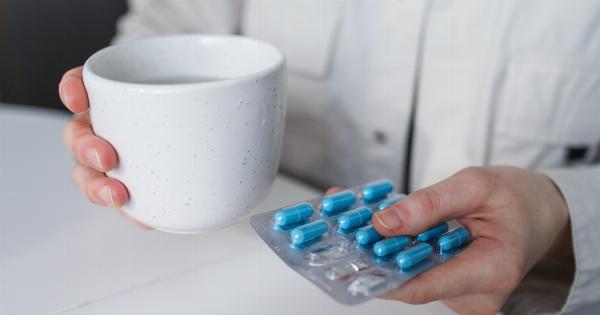Menopause is a natural process that every woman goes through when she reaches the end of her reproductive years. It usually starts when a woman is in her late 40s or early 50s, and it is marked by the cessation of menstrual periods.
During the menopausal transition, the body experiences a variety of hormonal changes, which can lead to a range of unpleasant symptoms. These symptoms can include hot flashes, night sweats, mood swings, vaginal dryness, and difficulty sleeping, among others.
While there are a variety of treatments available to help manage menopausal symptoms, some women prefer to use more natural solutions. One such solution is magnesium, a mineral that plays an important role in many of the body’s processes.
In this article, we’ll take a closer look at how magnesium can help manage menopausal symptoms and how to get enough of this important mineral.
What is Magnesium?
Magnesium is a mineral that is essential for many of the body’s processes. It is involved in over 300 enzymatic reactions, including those that regulate energy production, protein synthesis, and muscle and nerve function.
Magnesium is also crucial for maintaining healthy bones, as it helps with the absorption of calcium and vitamin D. The recommended daily intake of magnesium for adults is between 310 and 420 mg, depending on age and gender.
How Can Magnesium Help Manage Menopausal Symptoms?
Magnesium may be particularly helpful in managing menopausal symptoms for several reasons:.
- It can help regulate mood: Many women experience mood changes during menopause, including irritability, anxiety, and depression. Magnesium has been shown to have a calming effect on the nervous system, which can help reduce these symptoms.
- It can help with sleep: Sleep disturbances are common during menopause, and magnesium may be able to help. Magnesium is involved in the production of the neurotransmitter GABA, which helps regulate sleep.
- It can help with hot flashes: Hot flashes are one of the most common menopausal symptoms, and they can be quite uncomfortable. Magnesium has been shown to have a cooling effect on the body, which can help reduce the severity and frequency of hot flashes.
- It can help with bone health: Women are at increased risk of osteoporosis after menopause, as their estrogen levels decline. Magnesium plays a key role in maintaining healthy bones, and studies have shown that low magnesium levels are associated with an increased risk of osteoporosis.
How to Get Enough Magnesium
Given the potential benefits of magnesium for managing menopausal symptoms, it’s important to ensure that you are getting enough of this mineral. Here are some tips:.
- Eat magnesium-rich foods: Many foods are naturally rich in magnesium, including leafy green vegetables, nuts and seeds, whole grains, and legumes. Try to include these foods in your diet regularly.
- Consider magnesium supplements: If you are having difficulty getting enough magnesium through your diet, you may want to consider taking a magnesium supplement. Talk to your healthcare provider about the appropriate dosage for you.
- Use magnesium oil: Magnesium oil is a topical solution that can be applied directly to the skin. It is absorbed through the skin and can be an effective way to increase your magnesium levels. However, it’s important to talk to your healthcare provider before using magnesium oil.
Other Natural Solutions for Menopausal Symptoms
In addition to magnesium, there are a variety of other natural solutions that may help manage menopausal symptoms. Here are a few:.
- Black cohosh: Black cohosh is a plant that has been used for centuries to treat menopausal symptoms. It is thought to have estrogen-like effects in the body, which can help reduce hot flashes and other symptoms.
- Red clover: Red clover is another plant that has estrogen-like effects in the body. It has been shown to help reduce hot flashes and other menopausal symptoms.
- Sage: Sage is an herb that has been traditionally used to treat hot flashes and night sweats. Its exact mechanisms of action are not well understood, but some studies have shown that it can be effective in reducing these symptoms.
- Exercise: Regular exercise can help improve mood, reduce stress, and promote better sleep, all of which can help manage menopausal symptoms.
The Bottom Line
Menopausal symptoms can be unpleasant and disruptive, but there are many natural solutions available that can help manage them.
Magnesium is an important mineral that may be particularly helpful in regulating mood, improving sleep, and reducing hot flashes. By eating magnesium-rich foods, taking supplements if necessary, and exploring other natural solutions, women can find relief from their menopausal symptoms and enjoy a better quality of life.































